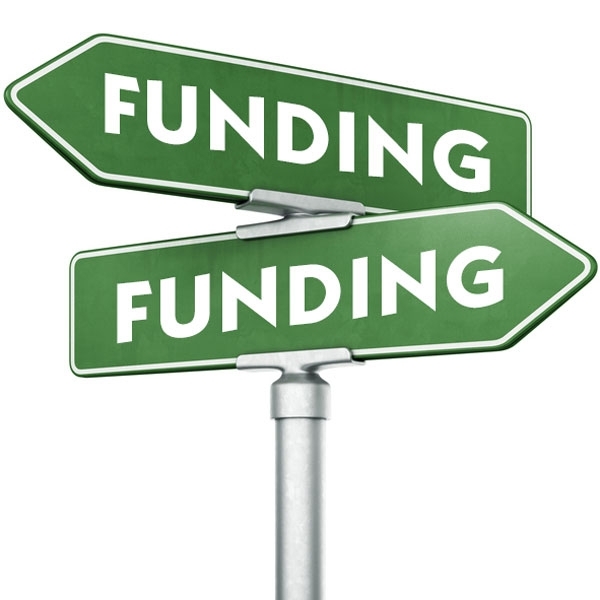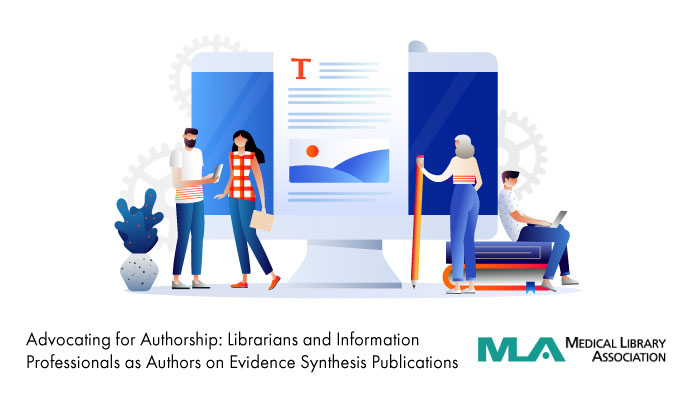Edited by Talicia A. Tarver
One emerging, and potentially novel, source of consultations for academic health sciences librarians involves helping clients find funding opportunities. While “publish or perish” is a common phrase used in academia, funding is needed for faculty to conduct the research that results in publications. Faculty salaries are sometimes supported by “hard” or “soft” money or a mix of the two. Even if researchers are fully funded, conducting research, paying staff, traveling to present research, and preparing a document for publication are not free.
Searching for funding opportunities is different than searching literature and publications. Funding opportunities available one month may have expired the next. Deadlines may change, or topics that are in vogue one year may not be as popular the next. Furthermore, keyword tagging is not as specific in a general funding database as it is in a specialized biomedical literature database. Specific searches can end with unsatisfyingly limited results, while a wider search can provide distracting noise. In short, a few key tips and resources can help academic librarians keep clients from becoming discouraged when searching for sources of funding. First, consider the funding and research landscapes and process. Next, consider where you will be looking for funding opportunities and what resources exist to facilitate that search. The resources below will help you as you work with your client in searching for funding opportunities.
US government funding
Federal opportunities can be freely searched at Grants.gov from the US Department of Health & Human Services. At many major universities, public or federal government funding accounts for about 60% of sponsored research dollars. For the biomedical sciences, the National Institutes of Health (NIH) is one of the top funders. Considering the prevalence of NIH or federal funding for research dollars, you may wish to seek out those opportunities or consider alternative funding streams. While it may seem natural for the NIH or Centers for Disease Control and Prevention (CDC) to fund health research, other sources include, for example, the US Department of Defense (to fund breast cancer research) or the US Department of Agriculture (to fund obesity research). There are hundreds of federal agencies, many with budgets that support research, so it is important to be creative in thinking about how a research topic can connect to a funder’s mission.
To learn more about the research process and grant terminology, check out Grants 101 in the “Learn Grants” section of Grants.gov. Also, consider reaching out to other librarians and connecting both yourself and your client to the sponsored research or research development offices on your campus to expand your knowledge on the research landscape at your academic institution.
National Institutes of Health: Federal RePORTER
In addition to looking at specific opportunities, it can also be useful to see how organizations have given funding in the past. For publicly funded research, RePORT, Federal RePORTER, and NIH RePORTER all freely help you to search federally funded projects.
National Network of Libraries of Medicine (NNLM): Grants and Proposal Writing Course
For those interested in funding opportunities for librarianship projects, consider the NNLM course on Grants and Proposal Writing. More information about this course and how to sign-up is online.
Other sources
Foundation Center: Foundation Directory Newsletters
Bridging the connection to funding opportunities can be a novel and exciting way to support researchers. The library can be one source of support for this need, and as a librarian, you can learn new skills to market your abilities as a resource for your users. For training and support, look at funding database websites, such as Grants.gov, Pivot, and Foundation Directory, which often supply articles, archived webinars, and videos. These organizations may also provide regularly scheduled newsletters with updates on the latest trends in research and philanthropy, for example, through the Weekly NIH Funding Opportunities and Notices, the Chronicle of Higher Education, the Chronicle of Philanthropy, and Foundation Directory Philanthropy Newsletter and Funding Watches.
Foundation Center: Funding Information Network
Funding from private organizations can be searched in at-cost databases such as Foundation Directory or Foundation Search. For those librarians who support community members, many public libraries offer free access to Foundation Directory via the Funding Information Network.
There are several free and at-cost funding databases that can you can consult to find funding opportunities. One at-cost general funding database that searches both public and private funding opportunities is Pivot (formerly, the Community of Science or COS Pivot).
Editor’s note: Using this database does require creation of a Pivot account or access via institutional credentials.





